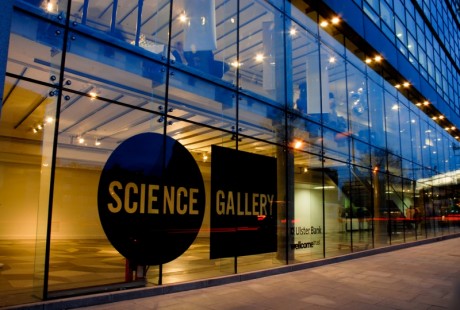
Jonathan Swift once claimed that Gulliver’s Travels was “a book in which man is the measure of all things”. This was a controversial stance for a novelist to take in the age of the Royal Academy, Newton and an increasingly empirical world. The opinions of perhaps literature’s greatest ironist, however, are not so simple to parse. More than two hundred years of thought and an Amazon of essays have been devoted to determining even the most fundamental aspects of Swift’s scientific worldview. He is sceptical of science without public utility, advocating instead for the pursuit of improving human wellbeing – he founded St Patrick’s Hospital, Ireland’s first psychiatric clinic, after all. Yet, in the late chapters of Gulliver’s Travels, Swift seems to foresee the inhumane endpoint of Enlightenment thinking that would result in the industrialised genocides of the 20th century.
As part of the annual Jonathan Swift Festival, a debate was held this weekend, which asked whether or not we are losing our humanity. The Science Gallery hosted the debate, bringing the discussion into the heartland of the alleged modern “Cult of Technology”. Students from both the arts and science departments of Trinity came forth to debate the motion under the inclusive banner of the University Philosophical Society (the Phil) – Trinity’s ever-glowing beacon of public discourse.
The debate, if anything, commented on society’s growing loss of humanity. The unspeakable crimes of scientific development – the Auschwitzs and Hiroshimas and beyond – took a back seat for semi-comprehensible laments concerning social media. This is not to dismiss all the points that were raised. Notions of essentialist claims about humanity were proposed and dismissed. The question of whether science, an abstract concept, can be said to bear responsibility was deliberated. Equivalences between Éamonn DeValera and Kim Kardashian were drawn.
Undoubtedly, the high point of the evening was a computer science student’s proposal that the loss of humanity and the rise of technology is not necessarily a bad thing: after all, up until now we have had the human age, and it hasn’t worked out too well. This was delivered with Swiftian levels of ambivalence, irony and misanthropy. Nevertheless, the standard critiques of, or apologies for, technology were delivered without much consideration for humanity or science – the debate often devolved into a bitter denunciation of people using their smartphones in the bathroom, or an impassioned defence of Mark Zuckerberg’s trademark claim: “we are all better connected.”
Most disturbingly of all, the debate demonstrated the pervasive lack of respect for Ireland’s greatest satirical mind. Swift’s name was mentioned more frequently to be ridiculed than to be praised, with erroneous portraits of a backwards-facing Luddite ultimately being drawn. Perhaps the most memorable and boldest declaration of the evening was that “not even Jonathan Swift could lampoon the virtues of Facebook!” The audience’s vote at the end concluded that we are not losing our humanity due to science, a result that is difficult to define as optimistic or pessimistic, especially if “man is the measure of all things”.






